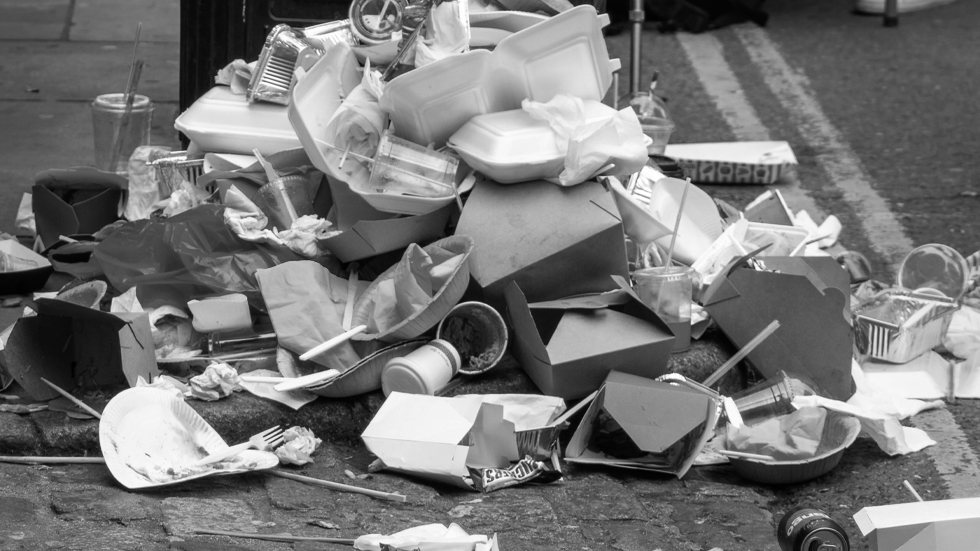We all know that plastic pollution is bad, like really bad. 79% of the 8.3 billion metric tons of plastic ever produced is still on our planet. That’s 6.3 billion metric tons of plastic still lying in landfills, still polluting our oceans and still littering our environments. Just 9% of the plastic ever produced has been recycled.
These numbers are vast and hard to actually imagine or quantify but we know they are huge and scary numbers and this linear make, consume, dispose has to stop.
In recent times alternatives to oil based plastics have appeared on the market but are they any better? Well yes…and very much no.
Go to a takeaway, street food vendor or festival and buy some food and drink and you’ll probably get a cup, a tray and some kind of single use cutlery. In the past this may have been a polystyrene tray which everyone thankfully realised was environmentally awful but you will probably still get a plastic fork or spoon and a plastic cup which once used is chucked in the bin (if you’re a responsible person anyway!). If you’re lucky there may be a recycling bin nearby but usually that fork and cup ends up in landfill.
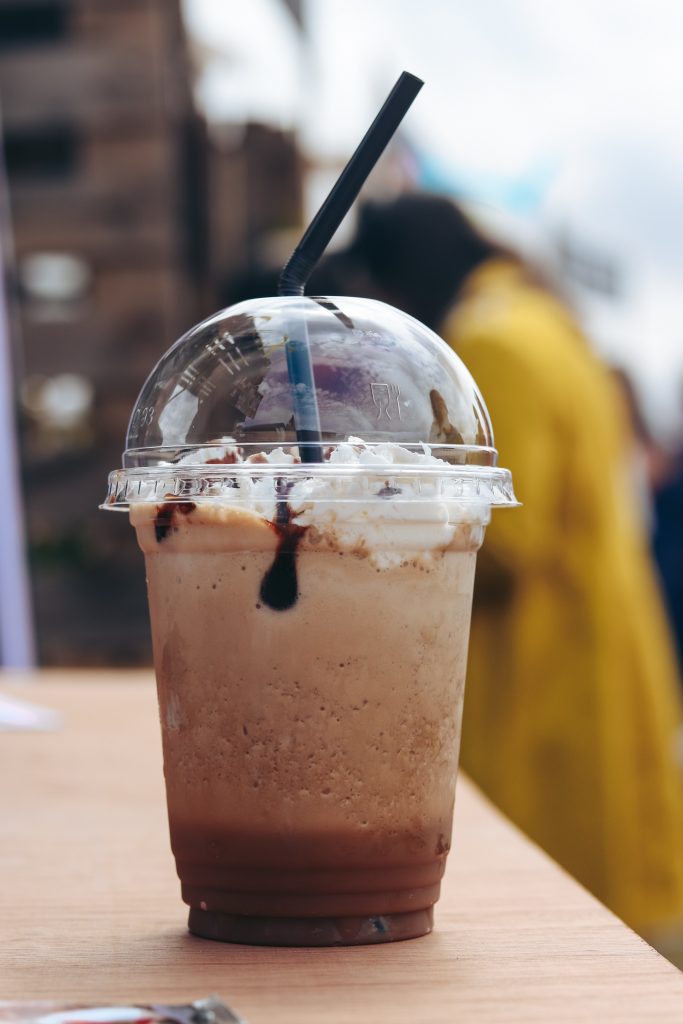
Recently though there has been a new trend for plant based plastics. They still hold all the properties of oil based plastic but we’re told they are compostable. But are they really? Well again, yes and no. They undoubtedly are cleaner to produce, using less Co2 and renewable materials but when it comes to actually disposing of them that’s a very different story entirely.
What most people don’t know is that these plant based plastics (PLA) won’t compost in your home compost bin, they also won’t break down in landfill or degrade in the sea. One controlled study found that over the course of one year the PLA did not degrade in ambient seawater conditions at all. To dispose of PLA correctly they are actually certified for “commercial composting” only. This is a specialist process with a lengthy timescale (up to 12 weeks) to break down. The problem lies in that only 38% of the waste facilities in the UK have the capability to process PLA. Many commercial composting facilities process waste too fast for breaking down PLA adequately. What makes matters worse is that PLA can not be recycled along with your household plastic waste either, meaning the majority of PLA ends up in landfill along with all the other non recyclable waste.
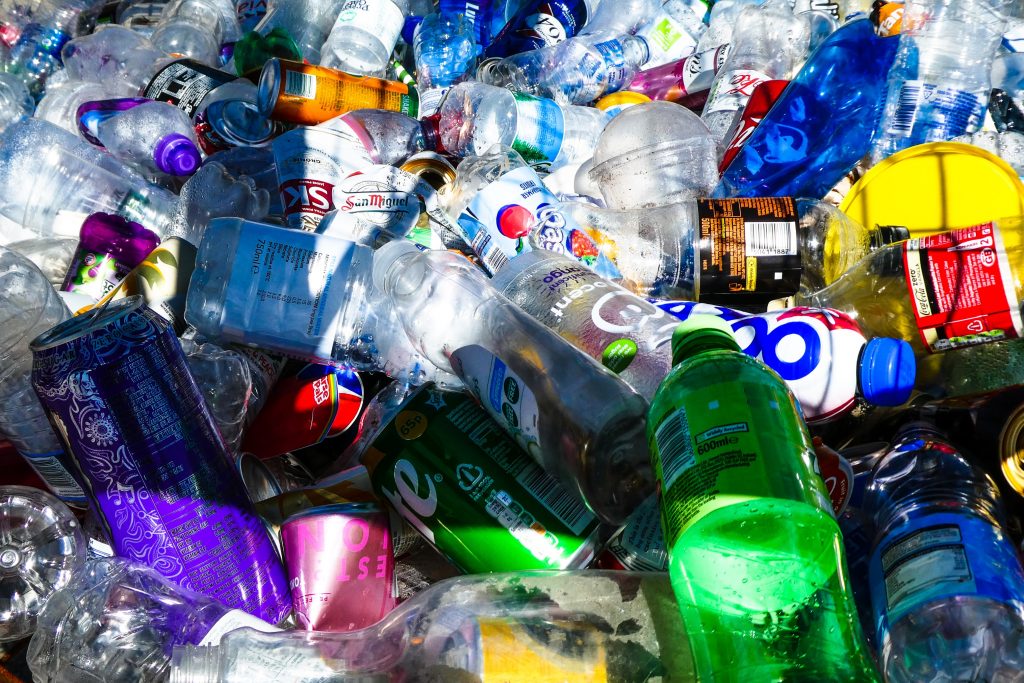
So what’s the answer? Think about the packaging you actually need. Take your own bottle or cup for takeaway drinks, have your own reusable cutlery for takeaways and festivals. Look for “home compostable” plastics – a lot of the plant based plastic wraps on sweets etc. can be thrown straight into your own compost bin to degrade, and vote with your pound by buying products that are plastic free or not wrapped in mountains of unnecessary packaging (do we really need our greetings cards individually wrapped for instance?).
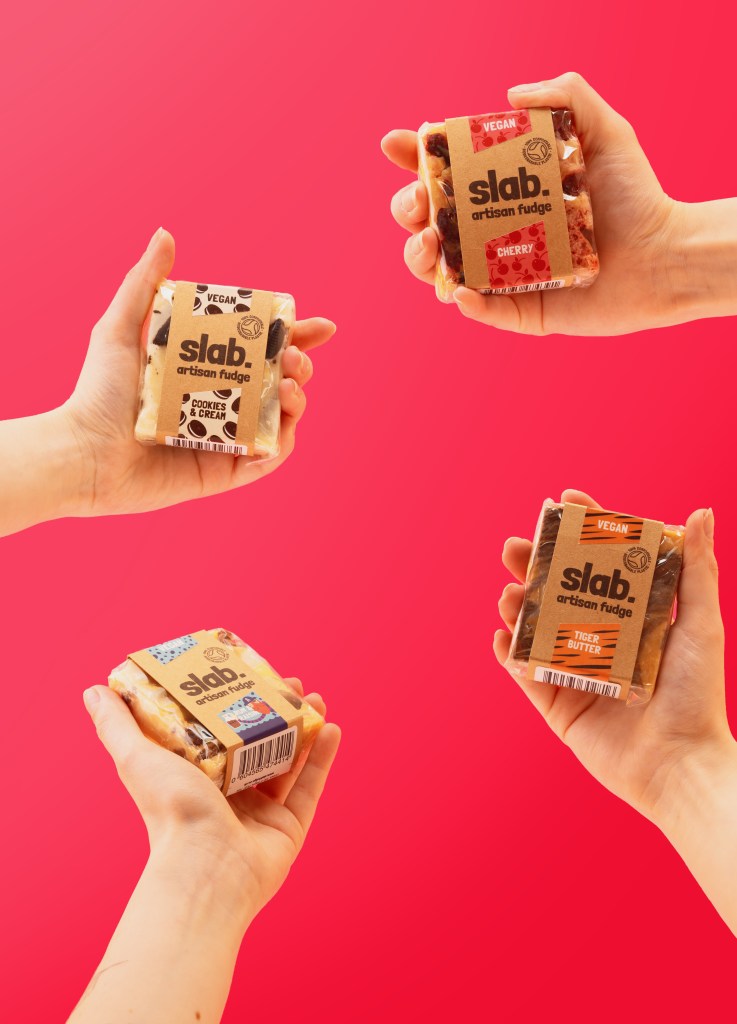
If you’re in the takeaway/street food/festival industry just use better. Cardboard trays will degrade quickly, wooden or bamboo forks/spoons also degrade easily and for festivals or events think about a cup return scheme. Studies have shown that unbranded reusable plastic cups are returned and reused far more than branded ones that people take home as souvenirs meaning more have to be produced. Use recycled plastics, collaborate with others, share your reusable cups with other events or hire rather than buy.
All these things will help reduce the amount of plastic produced annually and create a more circular economy and in turn a cleaner, healthier planet.
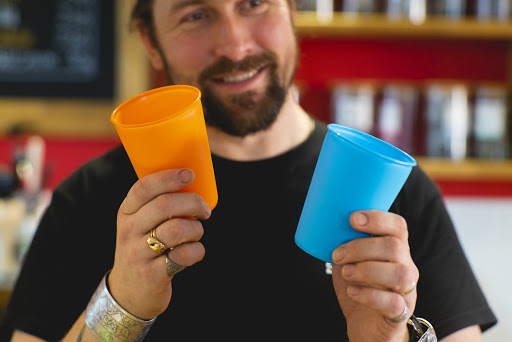
Cafes share reusable and returnable cups across the town.
If you’d like to find out more about being ethical, responsible and more environmentally friendly in your business book in for my two hour Ethical Business Consultation where we will produce a plan of action to lessen your impact on the planet, support your communities and reduce animal exploitation.
To book head to the Work With Me page on my website.

